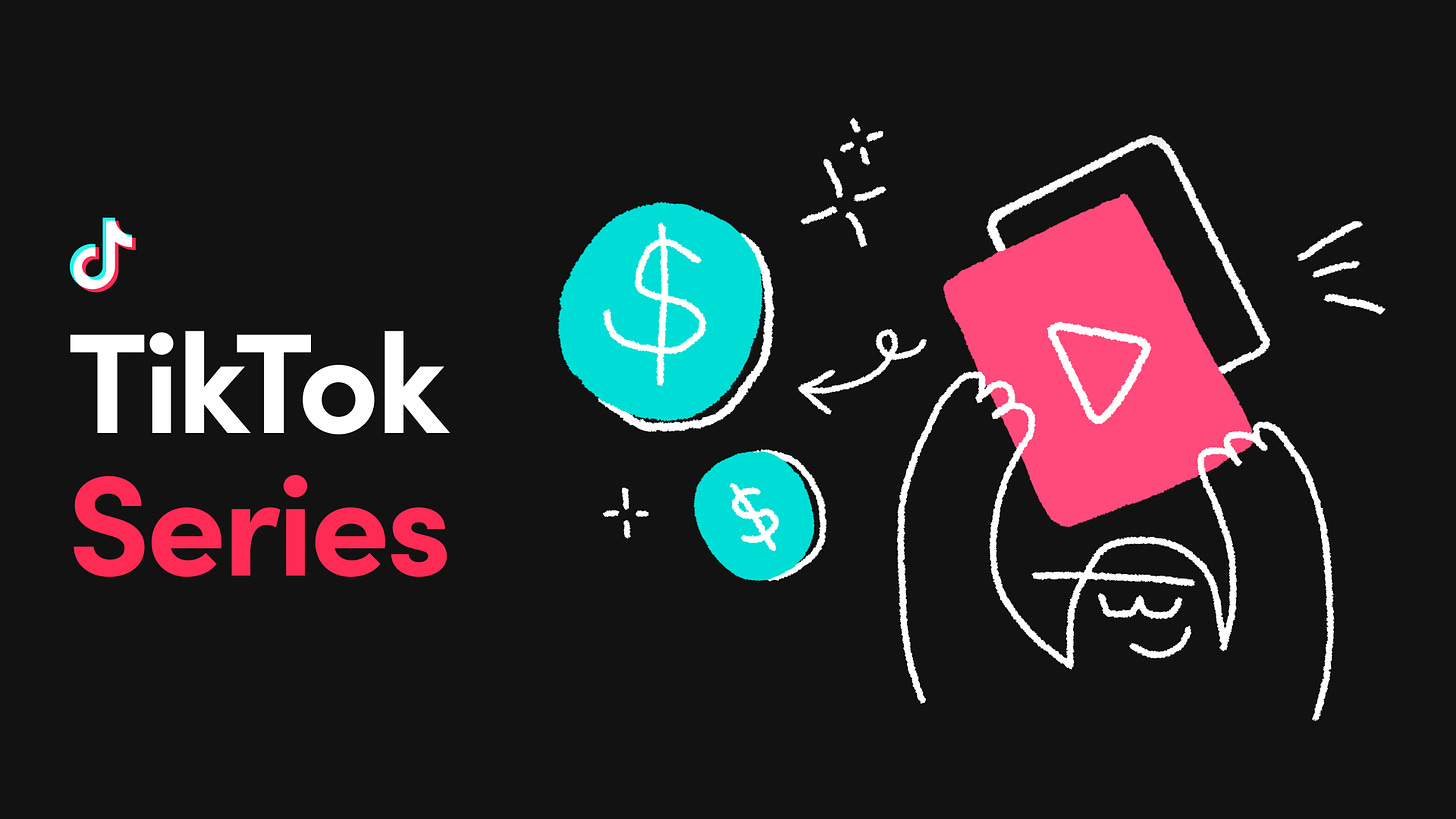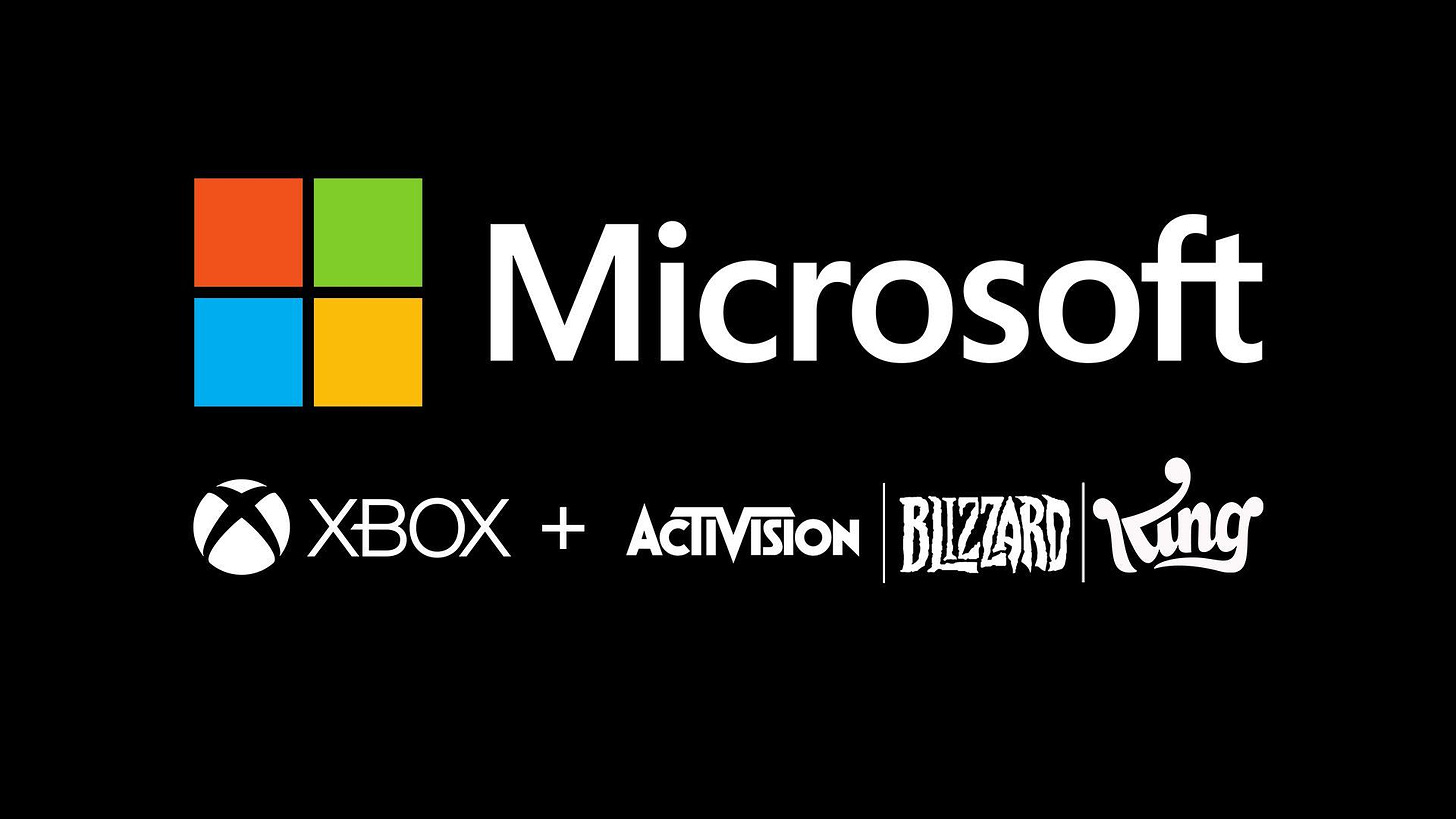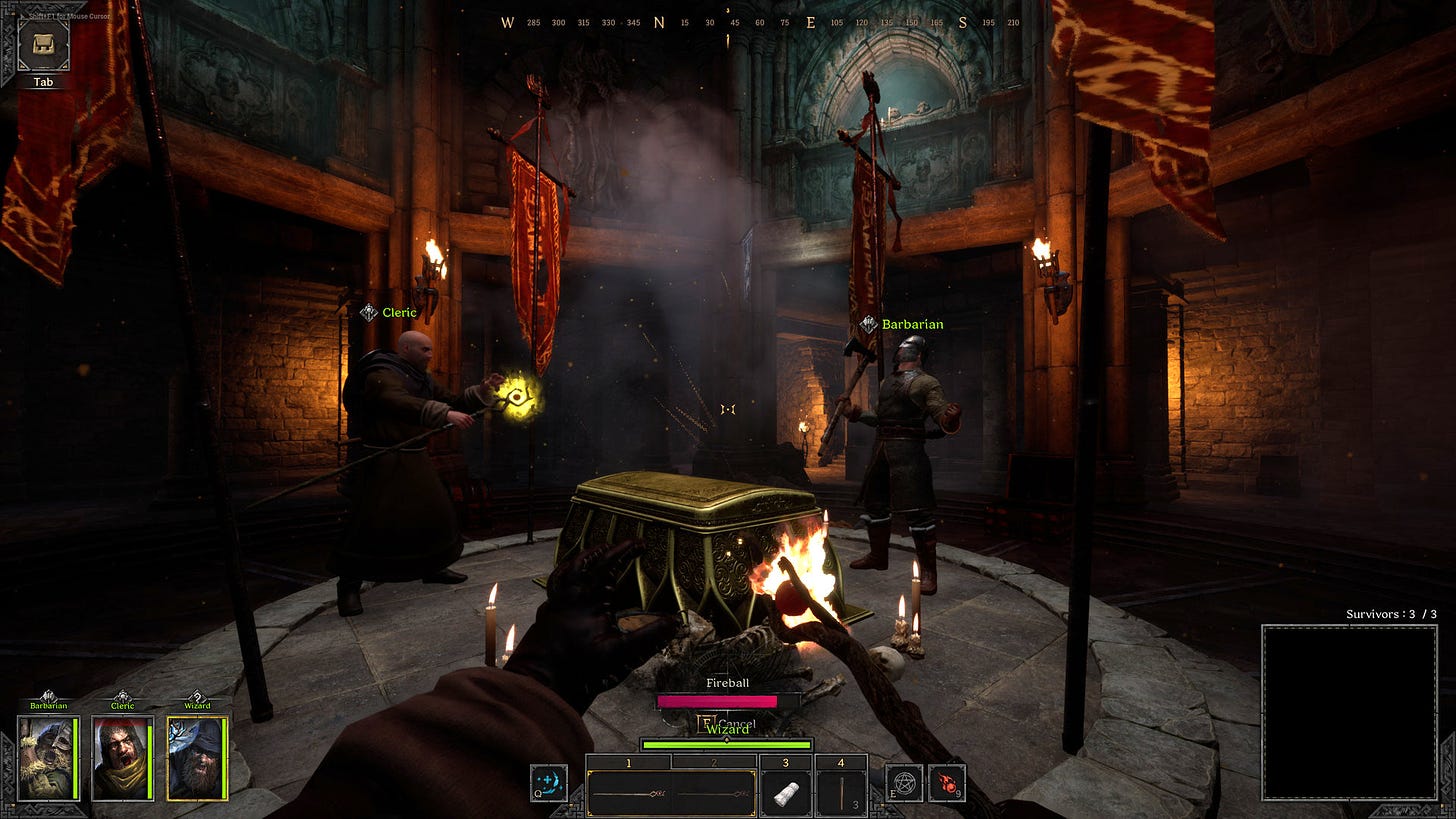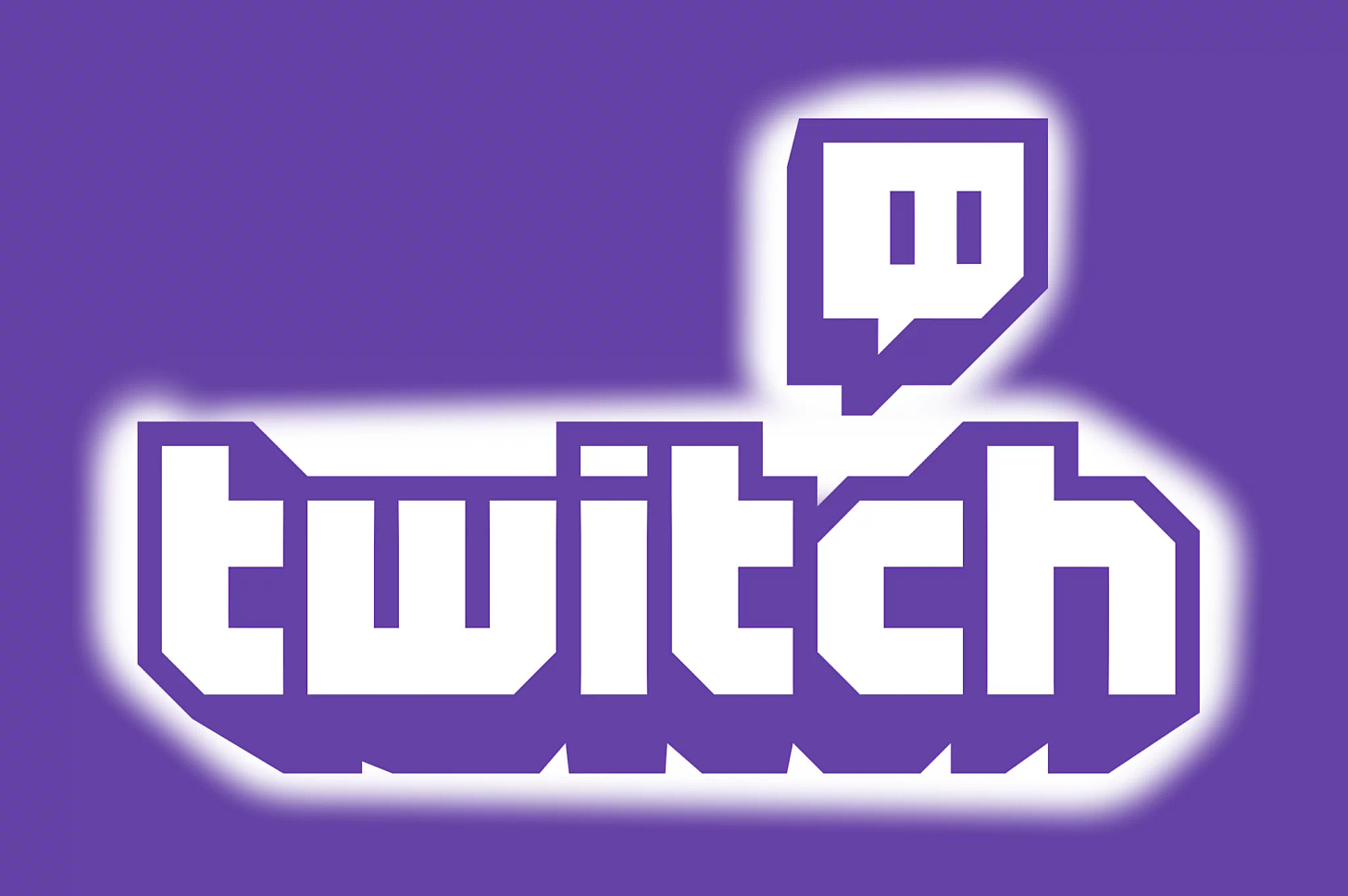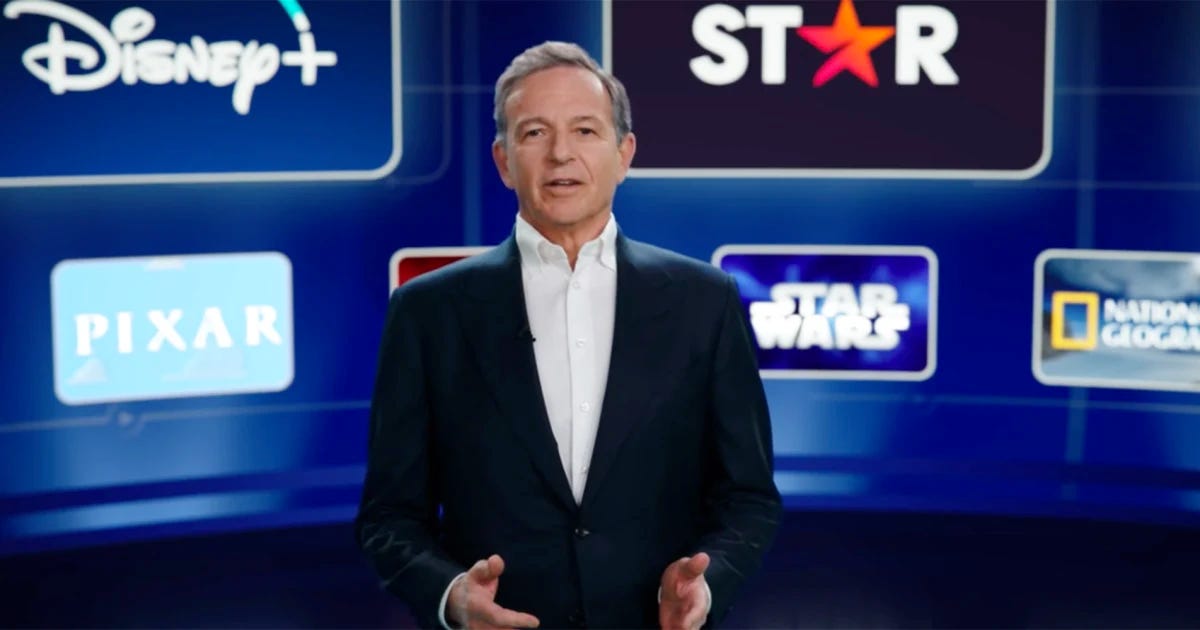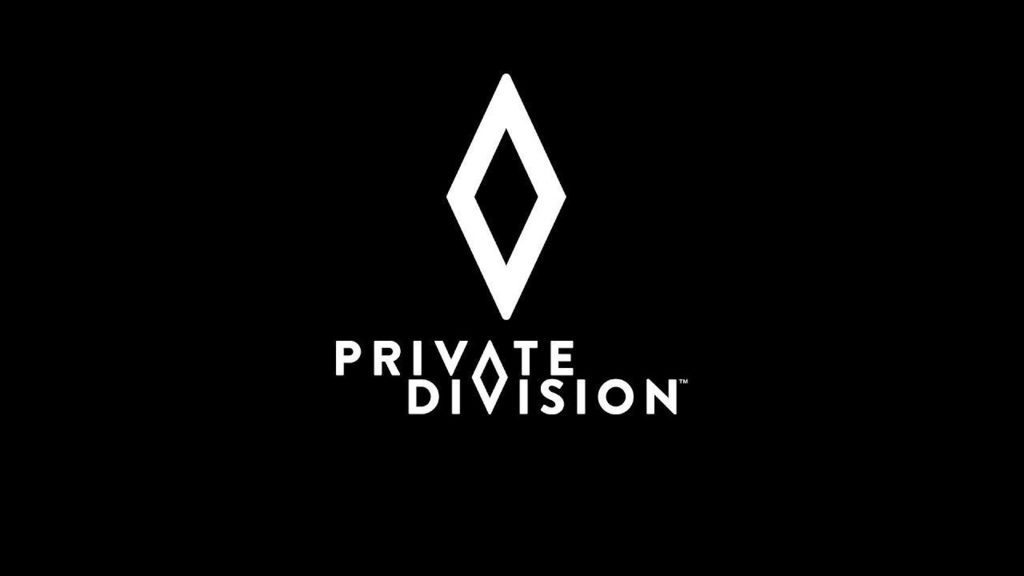Stuff Worth Knowing for the Week of March 6, 2023
This week, Silicon Valley Bank falls off a cliff, TikTok offers creators subscription options, and Disney CEO Bob Iger talks about the company's future.
Welcome back to Stuff Worth Knowing! Each week, I'll round up news related to tech, video games, film, television, anime, and more. At the end of each newsletter, there will be a section called On The Calendar, which will include some of those notable dates that are near-term. Oh, and I also launched my Patreon, SavePhile, where my more thoughtful musings on any topic will go. Apologies for the late publishing this week.
Tech ⌨️
Silicon Valley Bank Collapses Following a Bank Run
It seems the two scariest words for unregulated banks and exchanges are “bank run”. The biggest story this week is undoubtedly the collapse of Silicon Valley Bank (SVB). If you’re not into the business side of technology, you may not know what SVB is.
SVB was financed to be a bank for venture capital firms and their startups. Basically, when a venture capital firm wanted to fund a new startup, they’d do it through SVB. The bank was far more flexible in terms of lending startups money and more willing to lend money to new entrepreneurs. The benefit for the bank is that if those companies worked out, SVB would get the money back through stock income. The problem is a lot of the bank’s money was either in startups or bonds. The latter was great when interest rates were low; as interest rates have risen, those bonds have become less valuable.
On Wednesday, SVB Financial Group announced that it sold $21 billion of securities from its assets at a $1.8 billion loss and would sell $2.25 billion in new shares. On the SVB side, this was to pad the balance sheet a bit. Unfortunately, the move scared a bunch of venture capitalists and Wall Street.
The stock dropped 60% on Thursday and according to Bloomberg, big VC firms like Peter Thiel’s Founders Fund, Coatue Management, and Union Square Ventures told their respective businesses to pull the money out of the bank. Thus the bank run, which is what happens when everyone tries to get their money out of a bank at once. (This is essentially what drove FTX in the ground too.)
Trading on SVB’s stock was halted on Friday morning and hours later, the California Department of Financial Protection and Innovation seized the bank. Now SVB is under control of the Federal Deposit Insurance Corporation (FDIC), which is going to attempt to return money to insured depositors. The problem is 87% of SVB’s products were secured by real estate, meaning they weren’t insured by the FDIC. Oops.
Why It's Worth Knowing: The collapse was called the “largest failure” since the 2008 financial crisis by Reuters. We still need to see where the fallout lands on this, but the key part is SVB was behind a number of big startups. The bank’s case studies and industries sections include companies like Shopify, SoFi, Nextdoor, Etsy, Hims, Sunbasket, Ring, and more. Which companies will actually be affected and what will ultimately happen to SVB is still unknown, but depending on how much of a company’s money is in SVB, it might have trouble with things like payroll. One example is Roku, which says $487 million of its cash is tied up in SVB; that’s 26% of its cash, and the company has no clue how much of that it’ll recover.
Update (03/12/2023): This will be rare, but the news dropped a day after the newsletter did and it’s not enough that I’d feel compelled to add it next week’s letter. The FDIC, Federal Reserve, and Treasury announced that all depositors will have access to their money on Monday, backed by the FDIC.
“No losses associated with the resolution of Silicon Valley Bank will be borne by the taxpayer,” said the joint statement. “Shareholders and certain unsecured debtholders will not be protected. Senior management has also been removed. Any losses to the Deposit Insurance Fund to support uninsured depositors will be recovered by a special assessment on banks, as required by law."
The money will come from the FDIC, meaning it comes from the fees that member banks pay in. Of course, those banks will likely pass any potential losses on to consumers. And that’s before we get into other tech-related banks failing. First Republic Bank stock is down 60% this morning…
The Shout-Out: Vox, whose parent company Vox Media has its money in SVB, has probably the most comprehensive explainer about the situation not behind a paywall. Also, TechCrunch talked to a number of founders to see how they felt about the situation.
Reddit Shutters Its Clubhouse Clone As It Spins Up Its TikTok Clone
As one head dies, another shall take its place. At the beginning of this week, Reddit announced a number of new features coming to its app and platform. One of those features is Reddit Watch, which allows folks who are really into video to scroll through a feed of videos related to their chosen subreddits. It’s clearly a feature aimed at copying TikTok, the social media platform of the day.
On Wednesday, Reddit followed with the announcement that it was shuttering Reddit Talk. If you don’t know what Reddit Talk is, you just need to jump back to 2021, when Clubhouse was the booming social media darling. Clubhouse allowed users to jump into live audio discussions at a time when everyone was trapped at home. Its success paved the way for clones like Twitter Spaces, with Reddit trying to jump in on the action as well.
Reddit Talk will be sunset on March 21. The company says that audio will be returning to the platform eventually, but only after other overhauls making the platform simpler. So continues the process of existing social media consuming the features of those who come after, becoming bloated in the process. Alas.
TikTok Introduces Premium Paywalls For Creators
TikTok has had a growing problem with some creators trying to monetize their work on the platform. The Creator Fund, which is the annual pool of money that the company dishes out to every creator, pays out far less than YouTube and the payout per creator only gets worse as more join. So the company has needed an alternate method to keep creators happy, without necessarily paying out more money itself.
The answer is TikTok Series, a new service that allows creators to post premium videos that viewers can pay to access. Series videos can be up to 20 minutes, twice as long as standard TikTok videos. These paywalled collections can include up to 80 videos.
“Creators can select how much their Series should cost that best reflects the value of their exclusive content, which can be purchased for access via direct in-video links or through a creator’s profile. Through Series, creators can build even stronger relationships with their viewers while also giving viewers another way to support creators,” says the company. It did not disclose how much of a cut, if any, it takes from what a viewer pays.
Right now, the service is limited to a small group of creators. TikTok says it’ll be testing Series with those creators and opening applications for others to join in “the coming months”. So expect for it to be a slow rollout.
This Week in Twitter: Twitter Continues To Flounder As Its Founder Launches Bluesky
This week, Twitter had another outage, though this one was smaller in scope compared to what came before. On Monday, many users found that clicking on links led to errors saying the “current API plan does not include access to this endpoint” and images weren’t working at all. The outage lasted around an hour before Twitter got everything working again.
According to Musk, the error was due to a “small API change”. Platformer reports that the change was an attempt to figure out how to remove free access to Twitter’s API, paving the way for the new paid API. Apparently, due to staffing cuts there was only one site reliability engineer on the project.
Wired obtained a document sent by Twitter to potential customers offering some pricing for the new API, and those prices are simply absurd. The smallest package is 50 million tweets for $42,000 a month, followed by 100 million tweets for $125,000 or 200 million tweets for $210,000. Those who spoke to Wired balked at the pricing.
“I don’t know if there’s an academic on the planet who could afford $42,000 a month for Twitter,” Jeremy Blackburn, assistant professor at Binghamton University in New York, told Wired.
Of course, Twitter needs the money, because the legal complications are building up. The New York Times reports that the Federal Trade Commission is looking into Twitter’s data and privacy practices. Musk is getting some help from a right-leaning subcommittee of the House Judiciary Committee, which is calling the investigation “harassment”. Twitter is under a consent decree with the FTC, so it’s required to have regular security audits. Given Musk’s drastic changes, it makes even more sense for the FTC to look closer at the company.
Video Games 🎮
Microsoft Responds To UK’s CMA About Its Concerns
In last week’s newsletter, we noted that Microsoft’s planned acquisition of Activision-Blizzard might be getting EU approval. Even if it does, Microsoft still has to win approval of the deal in the US and UK. The Federal Trade Commission (FTC) is currently suing to stop the deal, but Microsoft has more leeway from the UK regulatory organization, the Competition and Markets Authority (CMA).
This week, Microsoft responded to the CMA’s Notice of Possible Remedies. Those remedies included divestment of Activision or Call of Duty, ideas that Microsoft downplayed. The company says it remains committed to providing Call of Duty on all platforms, and notes that under its stewardship, the series would come to further platforms. It also tries to argue that putting Activision games on Xbox Game Pass would be a net consumer benefit, lowering the cost of entry into gaming. (I guess?) On this latter point, it contends that beefing up Game Pass will force Sony to improve PlayStation+ to reach parity.
Microsoft also argues that the mobile side of Activision-Blizzard will allow it to challenge “Apple and Google’s effective duopoly” in the app store market. “By creating a new mobile game distribution platform, the Merger will deliver significant benefits to gamers and developers, which will be provided with additional distribution options outside of the existing mobile app stores,” the company says in the document. This is the clever bit of the argument, casting Microsoft as the little guy next to Apple and Google.
Basically, Microsoft is ducking and weaving, trying to make any argument that allows it to keep all of Activision-Blizzard in this deal.
Epic Games Store Will Allow Developers To Self-Publish
Epic Games has slowly been building up the Epic Games Store to be a real competitor to Valve’s Steam. It’s not quite there yet, but they’re trying. This week, EGS took a step forward, as Epic announced that developers will soon be able to self-publish on the store.
Like Steam, developers have to pay a $100 submission fee. Unlike Steam, Epic will do a review of the games prior to publishing, with pornography, hateful or discriminatory content, and intellectual property infringement not making the cut. One big carrot for developers is that they receive 88% of the revenue from their games, versus the 70% they receive from Steam. Even better, if a developer or publisher uses a third-party payment solution for in-app purchases, they can keep all of that revenue. For a free-to-play game, that could be very enticing.
Why It's Worth Knowing: It’s unlikely that Epic Games Store will loosen Valve’s stranglehold on the PC marketplace, but moves like this are good for giving developers and publishers further options.
Dark and Darker Developer Ironmace Raided By Police in South Korea
One of the highlights of the last Steam Next Fest was Dark and Darker, a first-person dungeoneering game that plays somewhat like an extraction shooter. Think Escape From Tarkov, but with magic and skeletons. The demo from developer Ironmace ended up getting a good amount of playtime during Next Fest. That’s when the problems started for the developer, however.
Nexon, one of the largest game publishers in South Korea, says that Dark and Darker is actually built on stolen code. According to PCGamer, the company claims that it was developing a game called “P3”. Employees on the project who were fired started up Ironmace, with Nexon stating that stolen code and assets were then used for Dark and Darker.
According to Yonhap News (translated via NME), police raided Ironmace looking for evidence of stolen code. Materials were reportedly seized in relation to the investigation. On its Discord, an Ironmace developer stated that nothing was found in the raid.
“Do not worry too much about what you hear regarding Nexon,” they said. “Most of what you will see on the internet is not accurate. There will be no delay in development, and there is nothing to worry about.”
Why It's Worth Knowing: Dark and Darker is still in alpha, but if the demo response was anything to go by, it’s looking like the next big indie thing. Of course, that depends on it not using stolen code from Nexon. Game mechanics aren’t protected, but code written for a Nexon project is absolutely Nexon property. Hopefully, Ironmace wrote everything from scratch, as the developers contend.
AI 🤖
Twitch Updates Policies To Address AI-Generated “Deepfakes”
On January 30, Brandon “Atrioc” Ewing was livestreaming on Twitch when viewers noticed certain open tabs on his web browser. One of those tabs was for a site that makes deepfake pornography, using AI to generate images and videos of people in sexual acts. In Ewing’s case, the content was related to other female streamers, some of whom he knew.
Fast forward to this week, when Twitch updated its policies surrounding this type of content. Ewing may have streamed it in error, but it’s a potential landmine for the streaming service. Twitch is stressing particular language in its policies, saying the content should be called “synthetic non-consensual exploitative images” or “synthetic NCEI”. Twitch says this is because “pornography” should be a consensual act between parties for entertainment purposes. It also highlights that deepfaking is only one way to create non-consensual content.
The meat of the changes include an instant ban for synthetic NCEI. “We’re updating our Adult Sexual Violence and Exploitation policy to make it more clear that intentionally promoting, creating, or sharing synthetic NCEI can result in an indefinite suspension on the first offense,” Twitch says in its statement. “We’re updating our Adult Nudity policy to include synthetic NCEI. Even if that NCEI is shown only briefly, or, for example, shown to express your outrage or disapproval of the content, it will be removed and will result in an enforcement.”
Why It's Worth Knowing: This is going to continue to be a huge problem as AI-generation gets better. Especially for those who have some level of fame, which means there is a great deal of vocal and visual references for AI to work with.
Even the non-sexual AI-generated fakes are a potential problem and legislation is still lagging behind. As an example, a trending type of content on YouTube in the last few weeks is famous figures playing video games, using AI-generated vocals. That’s fairly minor, but what happens when the technology is used for more malicious purposes?
Film, Television, and Streaming 🎞️
Disney CEO Bob Iger Talks Cost Reduction And a Focus on Quality
We’ve already gained some indication as to where returning Disney CEO Bob Iger is heading with the company. He’s given some power back to the creatives, but he also wants the company to tighten its belt. At a recent Morgan Stanley conference attended by The Hollywood Reporter and Deadline, Iger highlighted some of those changes.
“I’m really pleased that the support that I’m getting from the content creators of the company is significant and real, and it comes in the form of reducing the expense per content, whether it’s a TV series or a film, where costs have just skyrocketed in a huge way and not a supportable way in my opinion. They all agree to that,” Iger explained.
It seems everything is on the table in terms of maintaining profitability. Iger said that Disney might be open to selling its content to other distributors, but the core pillars—Disney proper, Pixar, Marvel, and Star Wars—would remain in-house. MediaPlayNews noted that Iger even touted a potential return to home video for the company. “Home video, at one point as we called it, was extremely lucrative for our company. We’re looking at all of that [again],” he stated.
Finally, the CEO addressed the Marvel and Star Wars brands. Marvel has entered a rough patch with its most recent films and Lucasfilm has struggled to get any new Star Wars films off the ground.
“What we have to look at at Marvel is not necessarily the volume of Marvel storytelling, but how many times we go back to the well on certain characters. Sequels typically work well for us, but do you need a third or a fourth, for instance? Or is it time to turn to other characters? There’s nothing in any way inherently off in terms of the Marvel brand,” he replied in response to a question about the Marvel brand.
“We still are developing Star Wars films. We’re going to make sure that when we make one, that it’s the right one, so we are being very careful there,” he added.
Why It's Worth Knowing: Where Disney goes, so goes the industry. (Remember the days before everything was “Company+”?) Iger is returning to right the ship and in this case, that means not only reining in budgets, it also means at least delivering mainstream films that consistently make money. Marvel Studios has perhaps taken on too much since the launch of Disney+; studio boss Kevin Fiege recently had his planned Star Wars film binned to give him time to focus on his own division.
While Iger fixes Disney’s movie and TV machine, he’s also looking for a successor that will keep that machine running. Fox Business reported that the shortlist for candidates includes NBA commissioner Adam Silver, Disney Entertainment co-chair Dana Walden, and former Disney executive Kevin Mayer. (I honestly thought Mayer should’ve been the choice the first time around, so it's interesting to see him in the mix again.) Who will be the next CEO and what kind of company will Iger leave them?
Michael B Jordan Is All-In on Amazon and MGM
Creed III is doing very well at the box office. It posted the best opening weekend for any sports film ever and its opening weekend was higher than the previous two films. It’s great money considering its budget, so it’s no surprise that MGM wants to expand. This week, Deadline reported that MGM and Creed III director/star Michael B. Jordan are working on a larger universe of Creed-related projects.
A Drago spin-off film was in the works prior to Creed III’s release, but now that may be joined by a live-action TV series, a project focusing on Adonis Creed’s daughter, and even an anime series. MGM and parent company Amazon need shows and films, and Jordan is ready to capitalize.
These are not the only projects the young actor has with Amazon. While his action film Without Remorse, based on the Tom Clancy novel of the same name, came and went without fanfare, they’re still moving forward with a sequel. That sequel has a far more famous name, Rainbow Six, which some fans will associate with the Ubisoft video game series. Rainbow Six, which will still star Jordan, recently found its director in John Wick helmer Chad Stahelski.
And all that is before Jordan’s first-look deal with Warner Bros. Through that deal, he’s producing the fantasy series Kingdom of Souls, an I Am Legend sequel, an adaptation of Marlon James’ Black Leopard, Red Wolf, and the Danny Boyle-directed Biblical epic Methuselah. Get used to seeing him everywhere, or at the very least, his handiwork.
Superhero Watch: Batman Caped Crusader Animated Series Ends Up At Amazon
A Batman animated series produced by The Batman director Matt Reeves, J.J. Abrams, and former Batman: The Animated Series creator Bruce Timm? Seems like a slam dunk, right? Warner Bros. Discovery didn’t think so when it dropped the project from HBO Max, shopping it around Hollywood.
Now the show has landed at Amazon, according to Deadline. That’s good news for Prime Video, as Invincible and The Legend of Vox Machina are already leading the charge for animation on that service. And while it might not be good for WBD from a brand-building perspective, Amazon certainly has the money to pay them, meaning the balance sheet will look a bit better.
Layoffs 👷
Take-Two Lays Off Private Division Staff
On Tuesday, Bloomberg reporter Jason Schreier tweeted that Take-Two Interactive was laying off people. Schreier said that the cuts were focused on Private Division, Take-Two’s indie publishing label, and other undisclosed divisions. Take-Two later confirmed the layoffs in a statement to PCGamer.
"We can confirm that there have been targeted reductions in our US teams, primarily in corporate operations and label publishing, which will better align our organization with our long-term priorities," a Take-Two spokesperson said. "We continue to make strategic investments in our talent and technology to deliver our long-term pipeline, and the impact of these changes on our US development teams has been minimal.
In its last financial earnings report for the fiscal third quarter 2023 ended on December 31, 2022, Take-Two posted an increase in net revenue to $1.41 billion, but a net loss of $153.4 million. And where losses appear, layoffs are always the first way for the executive class to find money.
On My Mind 🧠
Charlie Kaufman Has Choice Words For Executives Ahead of WGA Negotiations: Last Sunday marked the WGA Awards, where the Writers Guild of America honors its members. This year’s awards come ahead of WGA negotiations with Alliance of Motion Picture and Television Producers (AMPTP). With that in mind, Eternal Sunshine of the Spotless Mind writer Charlie Kaufman had fighting words during his acceptance speech for the Laurel Award for Screenwriting Achievement, according to Deadline.
“We are trained to believe that what we do is secondary to what they do. We are trained to do the bidding of people who are motivated not by curiosity, but who are protecting their jobs. Our work is to not contribute to their fortunes or our own, it is not to please them or critics or audiences. Our work is to reflect the world, saying what is true in the face of so much lying.”
“The rest is window dressing at best. Adrienne Rich wrote ‘I do know that art means nothing if it simply decorates the dinner table of the power which holds it hostage.’ The world is a mess, the world is beautiful, the world is impossibly complicated and we have the opportunity to explore that. If we give that up for the carrot, then we might as well be the executives. We have become their minions. I have dropped the ball, wasted years seeking the approval of people with money.”
The Next Generation of Antenna Television Is Hung Up In Details: In 2017, the FCC approved ATSC 3.0, a new standard for broadcaster television. Some broadcasters have started using the format, which allows for signals with improved audio and up to 4K HDR video. Of course, reality gets in the way, as consumer hardware lacks ATSC 3.0 tuners and some broadcasters have to still support the old ATSC 1.0 format.
The Verge has a fascinating read about the technology and the issues that companies are facing in bringing it to market. No quotes here, just a look at one niche of the television market.
Diablo IV Beta Access Is Available If You Suffer The KFC Double Down: The KFC Double Down is the most disgusting sandwich I have ever tasted. Just the thought of it fills me with despair and ennui. This week, ahead of its upcoming beta, Blizzard Entertainment and KFC are collaborating to offer Diablo IV beta access to folks who eat the Double Down. To experience Hell, you must experience hell.




